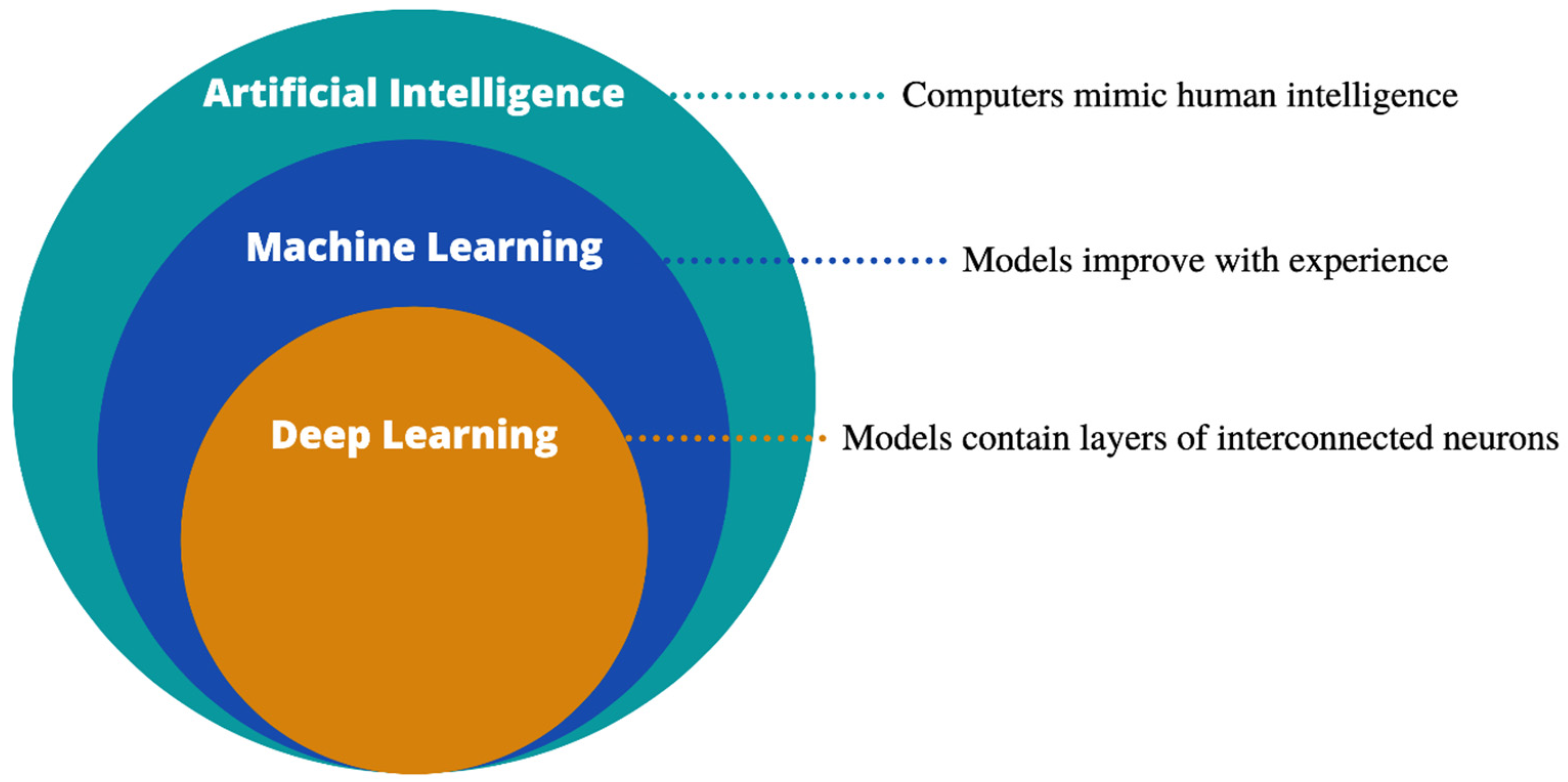Scientists have developed an artificial intelligence tool that can predict the recurrence of tumour growth in cancer patients. The discovery, described as “exciting” by clinical oncologists, has the potential to forever change patient monitoring, according to the Guardian.
The Royal Marsden NHS Foundation Trust, the Institute of Cancer Research, London, and Imperial College London collaborated on the research. They were able to identify a model using machine-learning – a type of AI – that can predict the risk of cancer recurrence and does so much better than existing traditional methods.
The study’s findings were published in The Lancet’s eBioMedicine journal, with funding from the Royal Marsden Cancer Charity and the National Institute for Health Research.
Surveillance of patients after treatment is critical to ensure that any recurrence of cancer is dealt with harshly. For decades, clinical professionals had no choice but to rely on traditional methods. These include those centred on the initial amount and spread of cancer, in order to predict how a patient will cope over time.

Dr. Sumeet Hindocha, the study’s principal investigator and a clinical oncology specialist registrar at the Royal Marsden and Imperial College London, says, “In the United Kingdom, there is currently no established framework for the follow-up of non-small cell lung cancer patients after radiotherapy treatment. This means that the type and frequency of follow-up that patients receive varies… Using AI with healthcare data could be the solution. Because this type of data is easily accessible, this methodology could be replicated across various health systems.”
According to Lee, the chief investigator of the OCTAPUS-AI study, the AI model could be the indispensable key not only in areas focusing on revamping the results for cancer patients, but also in areas focusing on easing their fears, as relapse is “a key source of anxiety” for several patients. “We hope to push boundaries to improve the care of cancer patients, to help them live longer, and reduce the impact the disease has on their lives.”
Later, he added, “reducing the number of scans required in this setting can be helpful, as well as reducing radiation exposure, hospital visits, and making more efficient use of valuable NHS resources.”
The AI tool is expected to detect recurrence much earlier in those at high risk, ensuring that treatment is administered as soon as possible. It is also expected to result in fewer unnecessary follow-up scans and hospital visits for those at low risk.







































